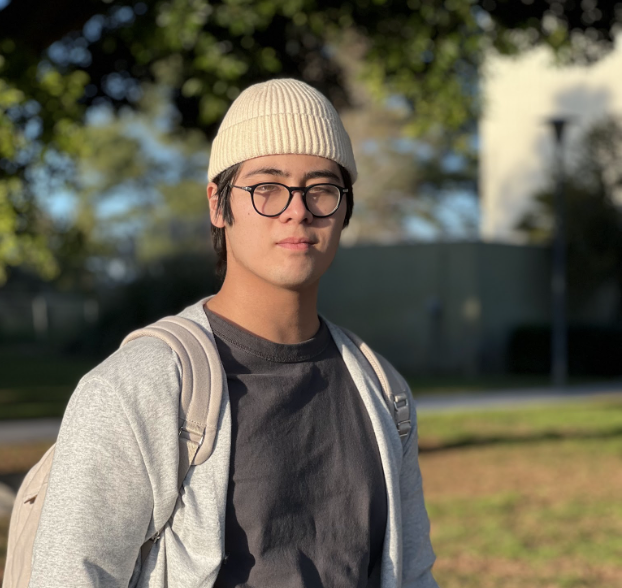I remember the first time I came on campus as a student. It was the first day of STEM Bridge, an introductory program that started two weeks before fall quarter 2022. After settling into my dorm room, I felt like something had changed. I had never moved into a place apart from my parents or even stayed the night away from them, save a few sleepovers. Now I would be in Sierra Towers five nights a week, with my parents close by in Loma Linda. It is not far by any consideration—about 20 miles—but it was enough of a change for someone homeschooled 11 out of the 12 years of their K-12 education to contemplate. I wondered what to do with my new freedom; I could choose to do whatever I wanted. I chose to go to the gym. Was it a good choice or not?

Everyone has choices to make. Not all of them are big, important ones, like what college to go to or what to major in. A lot of choices are seemingly inconsequential, though whether they really are often comes out later. Unfortunately, I have made some seemingly inconsequential choices as a first-year that I regret. While taking General BIOL 111, the application for the SEA-PHAGES lab was offered to all of us in the class. It would replace the General Biology labs (BIOL 112L and BIOL 113L) for winter and spring quarters as well as move the cohort into Dr. Diaz’s SEA-GENES lab the following fall quarter 2023.
As a neuroscience major, I did not think it was important. All of my friends told me to apply, but I had made my choice and did not think twice about it. Now, realizing I would have enjoyed the research and analysis, I regret choosing not to apply, even seeing all the stress it has put my friends under. I think especially of how gaunt my friend Eddie looked while we were working on our UHNR 114 Scientific Process presentation. It was the night before we had to present for UHNR 114 and he and Yannik also had their SEA-PHAGES poster presentation to consider. I would not have minded. After all, I came to college to struggle and grow. But that was the choice I made.
I have played a lot of chess in South Hall with Yannik. We often give each other “takebacks” if one of us realizes we made a dumb move. It takes away a lot of the stress, a lot of the pressure of having to make the right placement. But chess is not normally played that way. You need to weigh your choices, consider the outcomes. And, if you miss something crucial, you have to change your plan accordingly. Sometimes the plan is salvageable, but if you narrowly focus on that plan, you could miss a better solution. You cannot make a choice based on an unsuccessful plan from three moves before. You can only choose from where you are right now. And while a lot rests on the current choice, it is all you have. You cannot change the past and you cannot skip ahead.

Whenever I study, it always just feels like a precursor to more studying. Even now, over halfway through the spring quarter of my first year in college, I feel like I do not know what I am doing. This is not all the time, though. I realize my efforts have developed useful tools such as reading comprehension, pattern finding, and decent writing skills. It is a dangerous tension I find myself in, between thinking I am a genius and an absolute idiot. I think what it comes down to is choosing to keep at it, even if it feels like I am not getting it or doing as well as I would like. I think of what Anabel, the General Biology lab coordinator, told me one time in winter quarter 2023: “Some people just don’t care.” I replied that I just do what needs to be done, even if I do not really want to do it. I know the purpose of tedium and the character it can nurture. However, I often complain about it to myself or to make conversation with others going through the same struggle.
As a Seventh-Day Adventist, I frequently think of my faith and the freedom to choose. But with that freedom, I, as a human, often make the wrong choice. I am reminded that I should not squander that ability and look to God for guidance, even if He sees me making dumb choices. It all comes down to the present moment. All any of us can do is decide what we are to do right now. It is all we are capable of doing. The choices we make in each moment slowly continue the meandering path to where we will go. Now, choose.
— John Banta (Neuroscience, Class of 2026)

